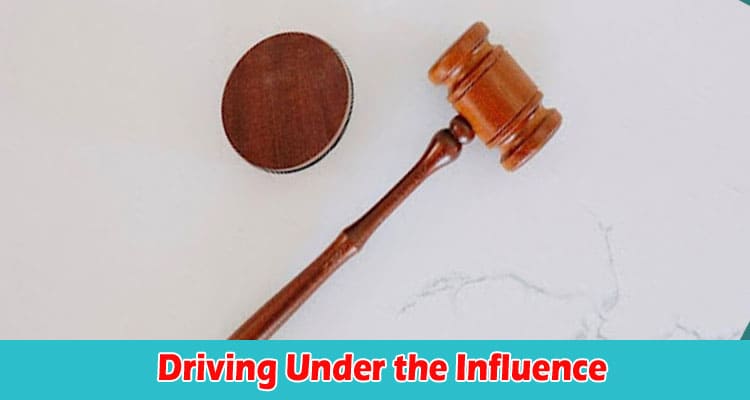Deciding to not drive under the influence of alcohol or drugs is a major step toward safeguarding your life and the lives of others. The consequences of a decision to drive while intoxicated can be severe and far-reaching, impacting not only the driver but entire communities. Saying no to driving under the influence is not just wise but also a moral obligation. Below, we’ll discuss the inherent dangers of DUI, refusal strategies, support systems, legal repercussions, and safer alternatives to getting behind the wheel impaired.
Legal Consequences and the Impact on Driving Records
The legal consequences of a DUI are severe and can have long-lasting effects on a person’s life and livelihood. Most states impose heavy fines, license suspension, and even jail time depending on the gravity of the offense and whether it’s a repeat violation. That’s why you need to work with a top legal professional, like this San Antonio, TX DUI attorney, if you’re charged with a DUI. Legal proceedings for DUI cases can be complex and emotionally taxing. Navigating the legal system requires the expertise of a professional attorney.
In addition to legal penalties, a DUI can severely tarnish your driving record. Having a DUI on record can lead to increased insurance rates and may even result in the loss of insurance coverage entirely. Finding employment can become challenging as many employers run background checks which include driving records. In the case of an accident involving injuries or fatalities, the driver under the influence may face even more serious charges, such as vehicular manslaughter. This results in steeper legal consequences and could lead to lifetime remorse and guilt for the driver.
Understanding the Dangers of Driving Under the Influence
The risks of driving under the influence cannot be overstated. Alcohol and drugs tremendously impair judgment, coordination, and reaction times, making a driver unable to operate a vehicle safely. Even small amounts can have a significant effect, which is why the law does not tolerate any leniency when it comes to DUI. Each year, thousands of fatal accidents are attributed to intoxicated driving. These tragedies ripple through communities, leaving families and friends devastated.
Mental and emotional trauma often accompany physical injuries from DUI accidents. Survivors may suffer from long-term disabilities, and the psychological impact of causing injury or death can linger for a lifetime. These severe risks underline why it’s critical to avoid driving under any kind of influence.
Strategies for Effectively Saying “No” to Drunk Driving
Saying no to driving under the influence starts with personal responsibility and awareness. Before attending events where alcohol is served, plan how to get home safely. This could mean designating a sober driver ahead of time, who agrees to not consume any alcohol throughout the event. If you find yourself in a situation where you’ve been drinking and are tempted to drive, remember the potential consequences.
In social settings, peer pressure can be intense, especially when it comes to drinking and driving. Stand firm in your resolve not to drive after drinking, no matter what others may say. Preparing a response or excuse can be helpful in these situations—considering saying you’re not feeling well or have an early commitment the next day.
Promoting Safe Driving: Alternatives to Getting Behind the Wheel Impaired
Promoting safe driving involves exploring alternatives to getting behind the wheel impaired. One of the most straightforward options is utilizing public transportation. Buses, trains, and subways provide a safe way to get home without putting anyone at risk. Ride-sharing services have made it easier than ever to find a ride at the touch of a button, even if you’re far from home. Many of these services now offer options to pre-schedule rides, which can be arranged before heading out for the night.
For those who might end up in areas where public transportation or ride-sharing isn’t available, keeping the numbers for local taxi services handy is a wise decision. Car services aren’t the only solution—staying over at a friend’s place or the venue if possible eliminates the need for a car. Hosts can play a role by offering accommodations to guests to reduce the temptation of driving home under the influence.
As you can see, resisting the urge to drive after consuming alcohol or drugs is essential for personal and public safety. By understanding the risks, preparing refusal strategies, leveraging support systems, considering the legal implications, and using alternative transportation methods, we can all contribute to safer roads and healthier communities.







